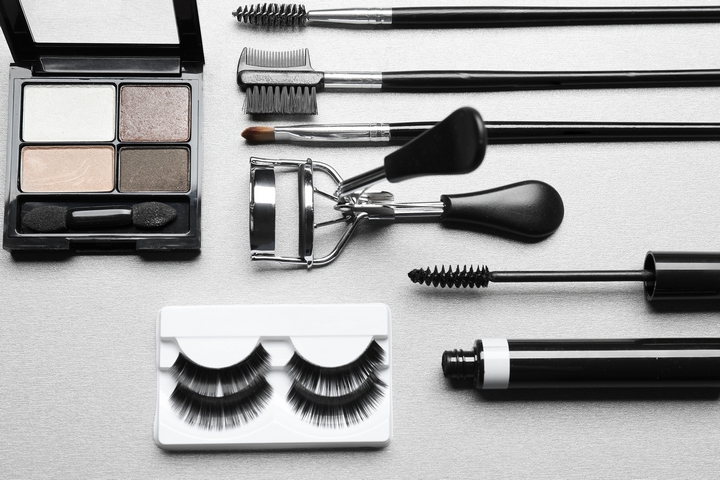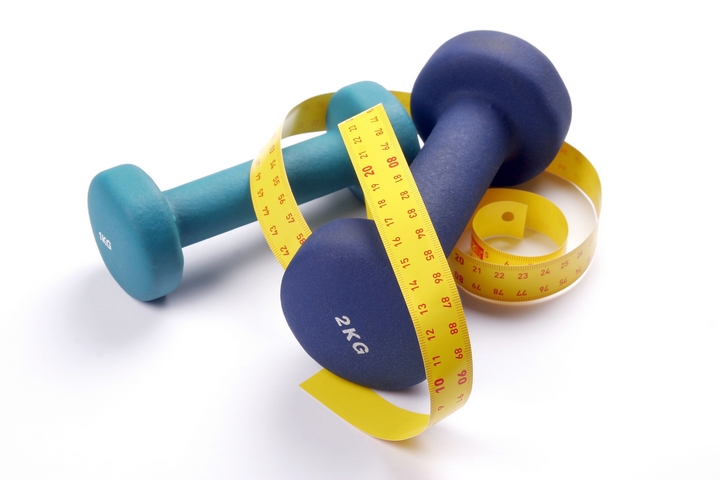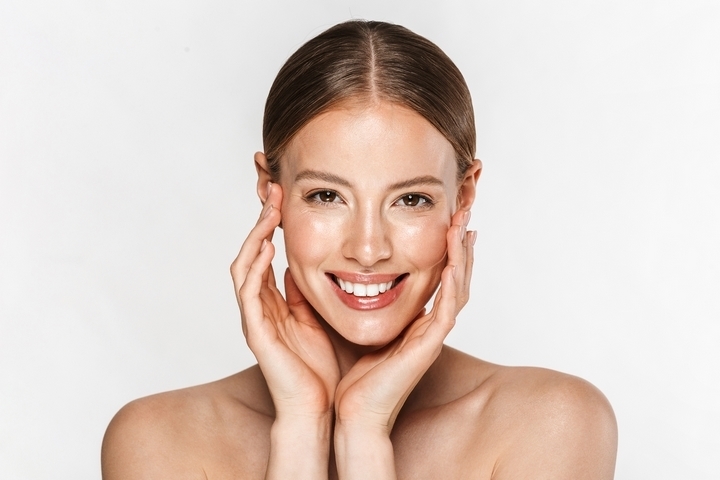
We all want clear, healthy and beautiful skin. For some of us, the ingredients commonly used in skin care products can irritate our skin, dry it, or cause acne breakouts.
Skin care routines can be tricky when you have sensitive skin or if you are struggling with acne. The best advice is to stop using products that contain chemicals as part of your daily beauty routine. Instead, it’s best to switch to natural skin care products, which offers many beauty and health benefits.
Here are eight ways on how to clear up your skin naturally:
1. Simplify your skin care routine
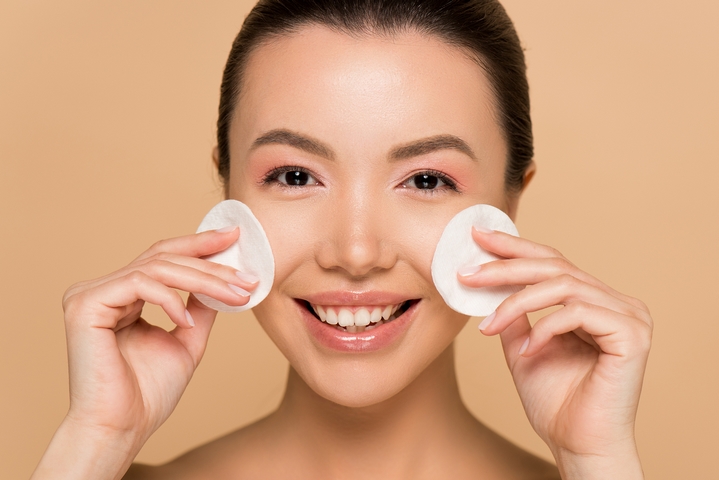
Your skin care routine doesn’t have to be complicated. In fact, it’s recommended to limit the amount of products you apply to your skin each day, so go ahead and try to simplify your routine.
Ideally, you should cleanse and moisturize your face when you wake up in the morning, and before you go to bed. To avoid acne breakouts, look for products that are noncomedogenic, which means they will not clog your pores and cause breakouts.
You should also consider using organic skin care products, as they are formulated with natural ingredients that are gentle on sensitive skin.
2. Exfoliate your skin once a week
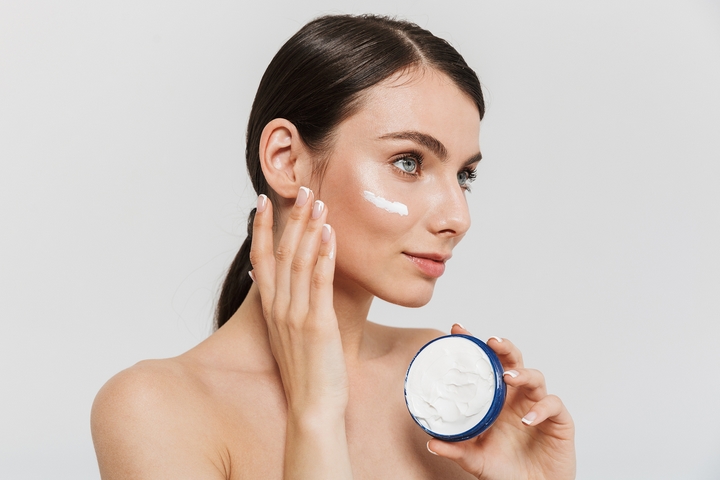
Exfoliation is essential if you want to get clear skin. With that said, exfoliating your skin daily is not a good idea, especially not if you have sensitive skin. You should do it once a week instead, to gently get rid of dead skin cells and dirt that prevent your skin from looking its best.
3. Never use hot water to wash your skin

Hot water will strip away the natural oils your skin produces. Your skin needs these oils to maintain a healthy glow, so if you remove them, it might start producing excess oil as a result, which could lead to acne breakouts.
Instead, use lukewarm water to cleanse your face, and avoid very hot showers and hot baths. And you should avoid harsh soaps, which also strip away your skin’s natural oils.
4. Avoid touching your face
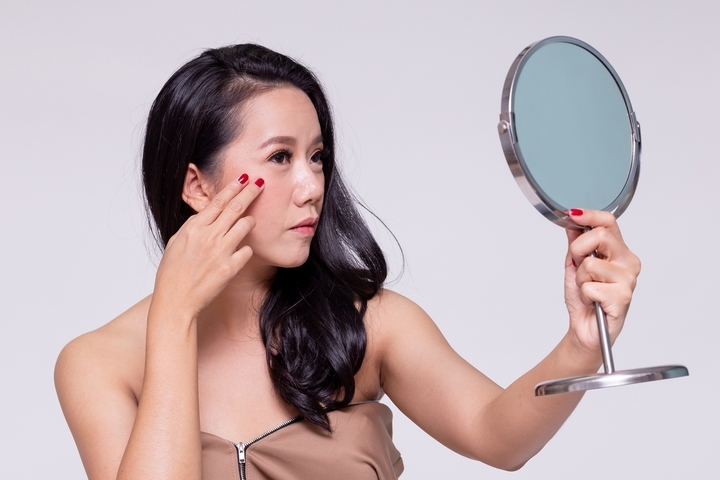
Keeping your hands away from your face will help clear up your skin naturally. Whenever you touch your face, you risk spreading dirt and bacteria on your skin, which can cause breakouts.
Of course, you should also avoid popping your pimples, even if you wash your hands before doing it. Popping your pimples can make them worse, as the infection could spread to the deeper layers of your skin.
Plus, your skin is more likely to develop acne scars if you frequently pop your pimples. Instead, you could use a concealer or a patch made to cover and heal pimples.
5. Use tea tree oil to help treat acne breakouts
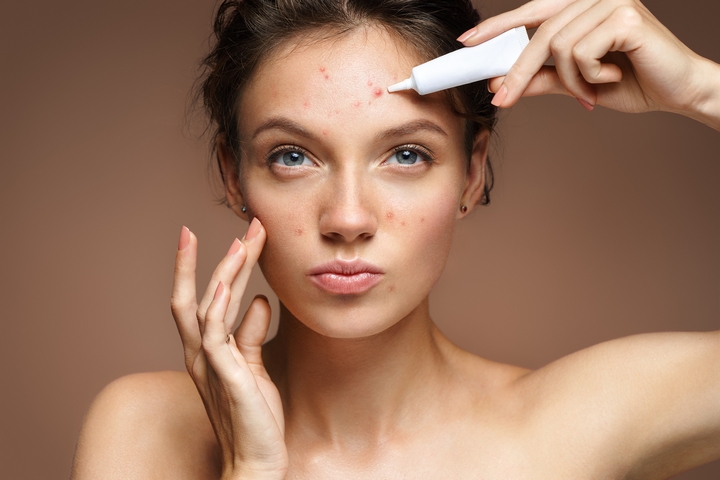
Different types of products can help you treat acne breakouts, but it’s also possible to achieve great results with tea tree oil. Simply apply a drop of this bacteria-fighting oil to a cotton ball, and gently dab it over the affected areas.
If your skin is sensitive, however, be sure to always dilute tea tree oil in a carrier oil before applying it to your skin.
6. Improve your lifestyle

Clearing up your skin could be as simple as making a few changes to your lifestyle:
Avoid smoking and drinking. If you smoke, quitting will help improve the health and the appearance of your skin. As for alcohol, having a drink once in awhile is fine, but if you consume alcohol regularly, it can make your skin dry and dull.
Drink plenty of water each day. Drinking a lot of alcohol is bad for your skin, but drinking a lot of water each day is necessary. Stay well hydrated, and your skin will instantly look healthier.
Eat foods that are rich in vitamins and nutrients. They say that you are what you eat, so if you want naturally clear and healthy skin, be sure to eat foods that are rich in vitamins and nutrients. A healthy diet will help your skin repair itself.
Get enough sleep. Getting around 7 to 8 hours of quality sleep each night is necessary if you want healthy and radiant skin. Try to always go to bed and wake up at the same hour, as much as possible.
7. Always protect your skin from the sun
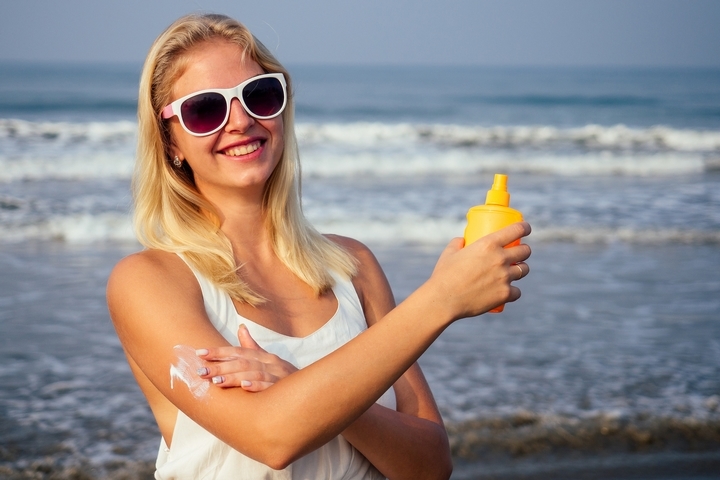
Spending too much time under the sun can damage your skin, dry it, and make it age prematurely. To help protect your skin, always apply sunscreen before heading outside.
You should also consider wearing a hat, sunglasses, and loose-fitting clothing whenever the sun is shining brightly.
8. Ask your doctor or dermatologist for recommendations
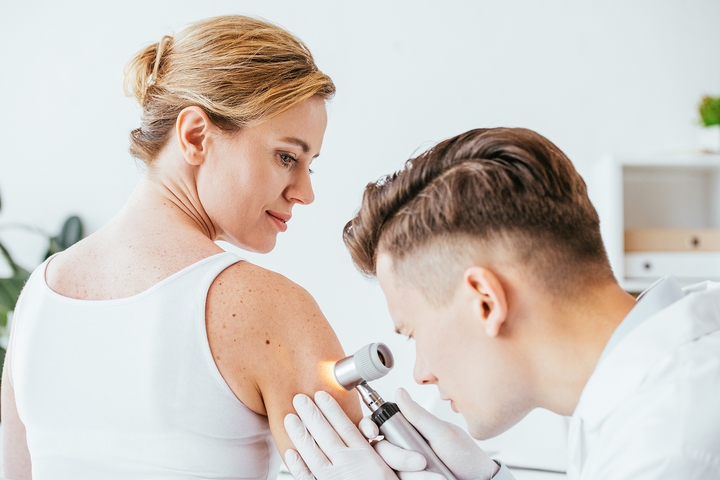
Finally, if you want to try any natural treatment to treat your acne, you should first talk to your doctor or your dermatologist to make sure this treatment will be right for you.
You should also see a healthcare professional if you think you might have a skin condition such as rosacea or cystic acne, so they can recommend you a treatment that will help you clear up your skin.
In some cases, a topical treatment or antibiotics might be required to treat a skin issue, so it’s best to get advice from a professional.





